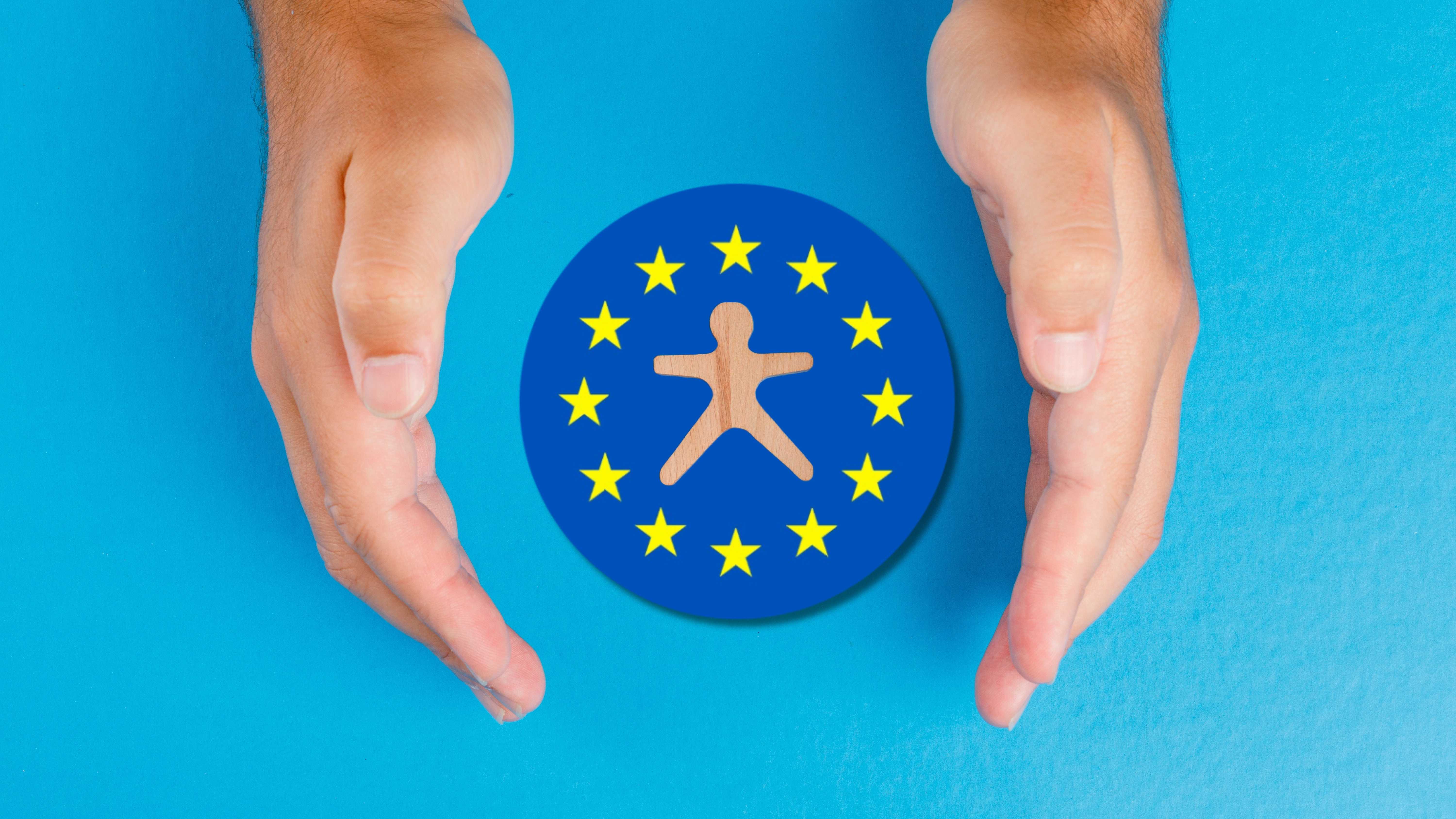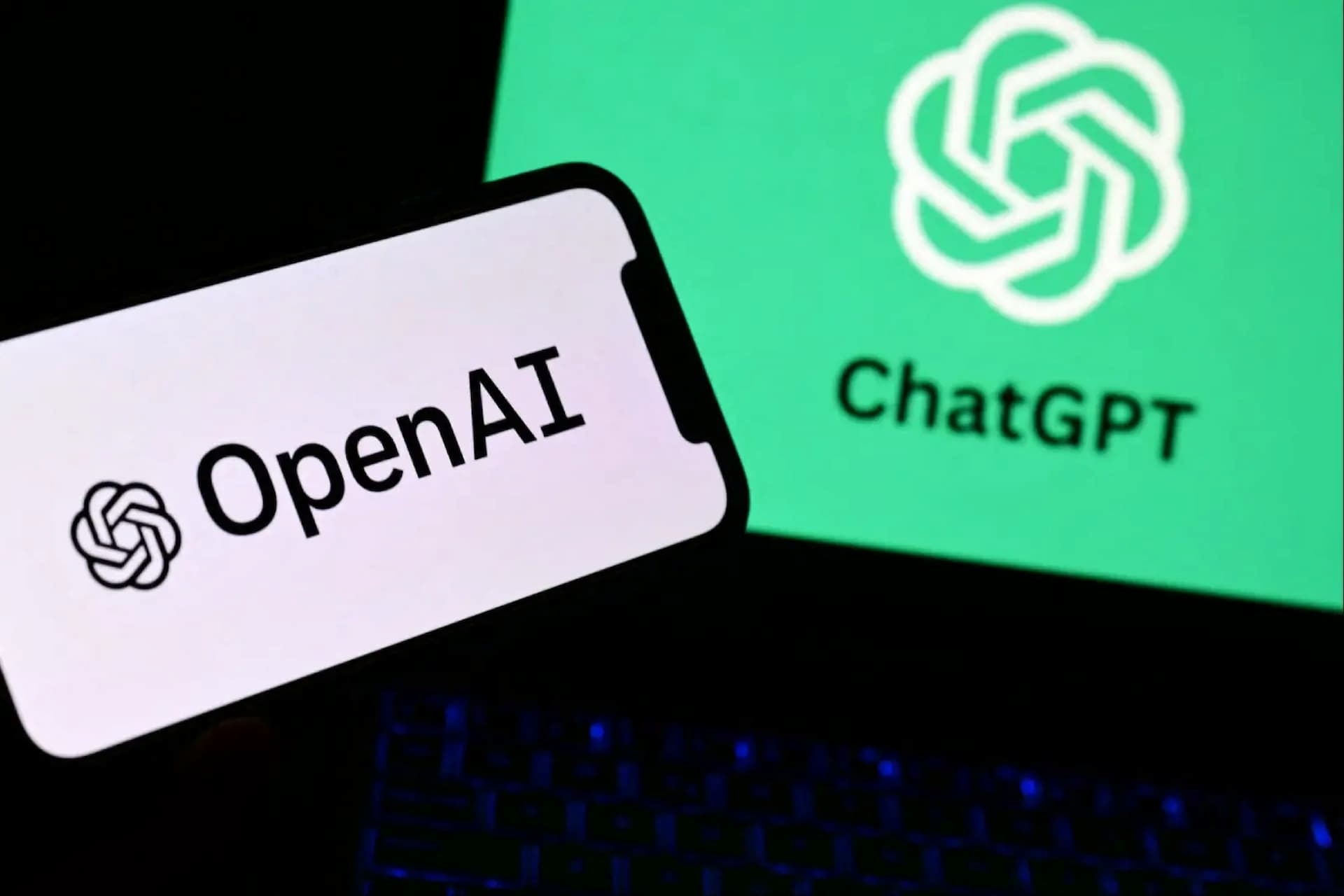AI is increasingly helping entrepreneurs in developing countries launch, manage, and grow their businesses, according to a new UNCTAD report. Start-ups and small businesses are using AI for marketing, customer service, logistics, finance, and product design.
Large language models are enabling smaller firms to adopt AI quickly and affordably, but adoption remains uneven. Many entrepreneurs struggle to see AI’s business value, and limited skills and talent slow adoption, especially in smaller firms.
Experts emphasise that supportive ecosystems, clear governance, and skills development are essential for meaningful AI integration.
Access to affordable technology and finance also plays a crucial role. Open-source platforms, collaborations, and phased adoption- from off-the-shelf tools to in-house capabilities, help firms experiment, learn, and grow while managing risk.
UNCTAD’s report highlights the importance of policy frameworks to foster AI adoption, recommending that governments provide clear, practical rules, accessible infrastructure, and targeted training.
Entrepreneurship support centres in several countries are already helping firms identify use cases and build hands-on AI skills, bridging the gap between strategy and practical implementation.
Would you like to learn more about AI, tech and digital diplomacy? If so, ask our Diplo chatbot!









